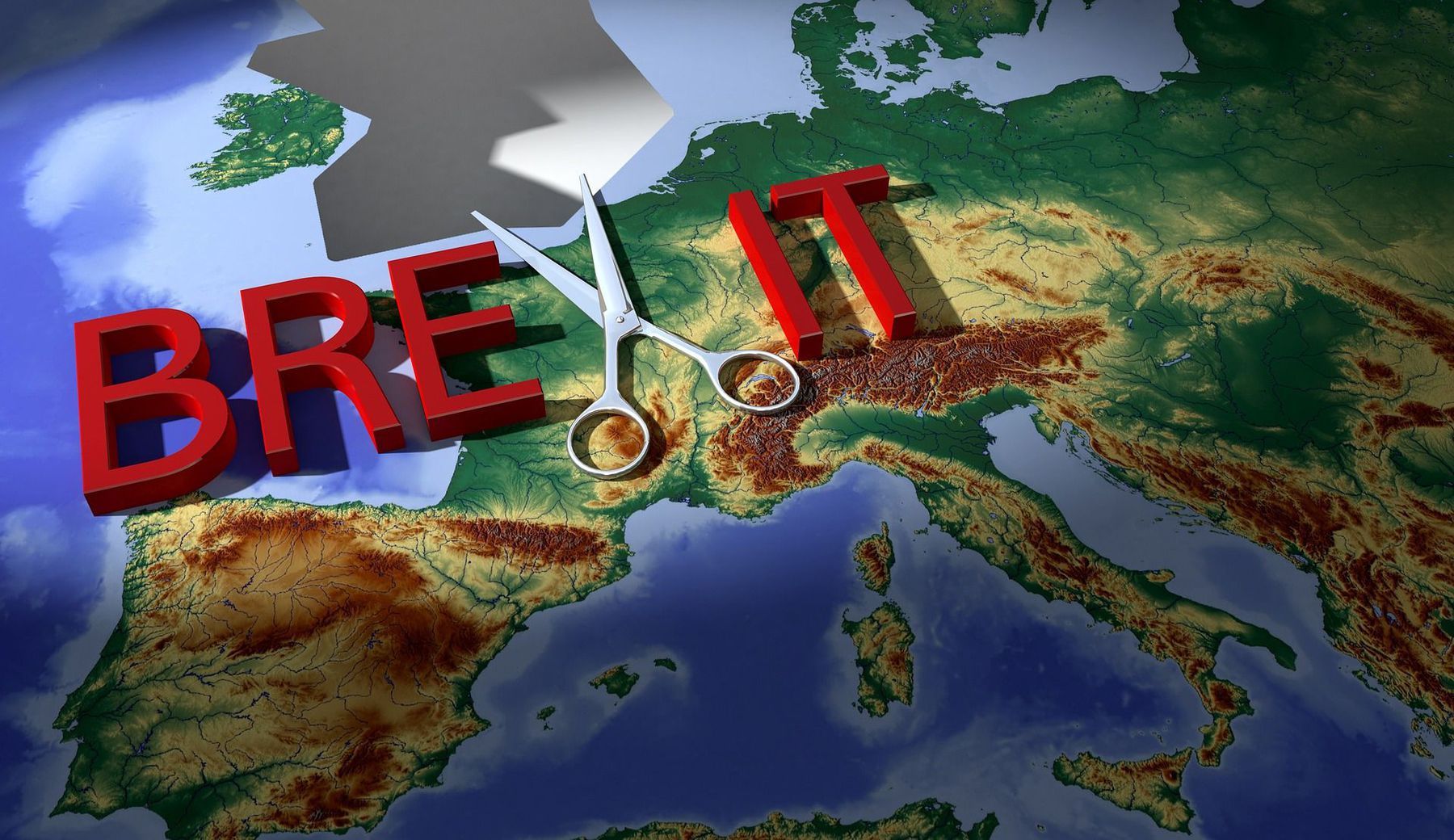Nobody really knows what kind of Brexit the UK and its citizens at home and abroad will get, even though Brexit Day is only a few weeks away. The Danish government is hoping for a deal and preparing for a no-deal.
I have a confession to make: I couldn’t decide at the time whether to vote Remain or Leave in the Brexit referendum. In the end, though, I didn’t have to because I have lived outside the UK for too long and wasn’t allowed to vote.
There are pros and cons of the EU and Brexit. When the UK joined the EEC, membership did not significantly boost economic growth and prosperity, and analysts do not agree on what Brexit will mean for the economy now that the UK is leaving.
Many are pessimistic about Brexit. But others believe that it will not necessarily have the grave consequences for the British economy and society that the former predicted and that greater policy independence could indeed help bring about a new progressive social contract.
The chaotic nature of the UK government and its negotiations with the EU, the haphazard preparations for Brexit and the fact that I am a Brit living in the EU means that I would now, in retrospect – probably and reluctantly – be more likely to vote to Remain, however.
EU-enigma
Many people and politicians seem to have an unambiguous view of the Brexit but an ambiguous view of Europe. Some can’t even agree with themselves.
Boris Johnson and Margaret Thatcher went from being pro-Europe to anti, Tony Blair and Jeremy Corbyn from anti- to pro-Europe. And David Cameron delivered a referendum on a Brexit that he said could jeopardise UK peace and security, a Brexit that was the equivalent of “putting a bomb under our economy.”
The referendum could have been a good opportunity to discuss the UK’s role in Europe and the world and what it means to be British post-empire. But instead it turned into a scaremongering competition between Remain and Leave: economic disaster and WWIII if we left the EU, hordes of EU criminal migrants and more devolution of power to unaccountable bureaucrats if we remained.
Remain spoke too little of the advantages of the EU and immigration, and Leave too much of how Brexit would allow them to “Make Britain Great Again” by building an Empire 2.0, as if the original empire was admirable and the Empire 2.0 achievable without gunboats and force.
Danes preparing for no deal
Danish PM Lars Løkke Rasmussen has called Brexit a tragedy. The UK and Denmark joined together, they often see eye to eye on EU matters, and the UK is one of Denmark’s top trading partners (the EU is the UK’s biggest trading partner).
Rasmussen says that he hopes to avoid a no-deal Brexit, but the Danish government is nevertheless preparing legislation to be put to parliament to ensure that British citizens can stay in the event of a No-deal Brexit.
Initially, a transitional bill will ensure that UK citizens who legally reside in Denmark will retain the right to stay with more or less the same rights as before Brexit, including the right to social security and continued validity of residence permits issued before 30 March. This bill is to be replaced by a permanent bill at a later date.
So as things stand today, it looks like British citizens like me have a future in Denmark that looks pretty much like what we have now, deal or no deal. But with Brexit, who knows what will happen tomorrow.















